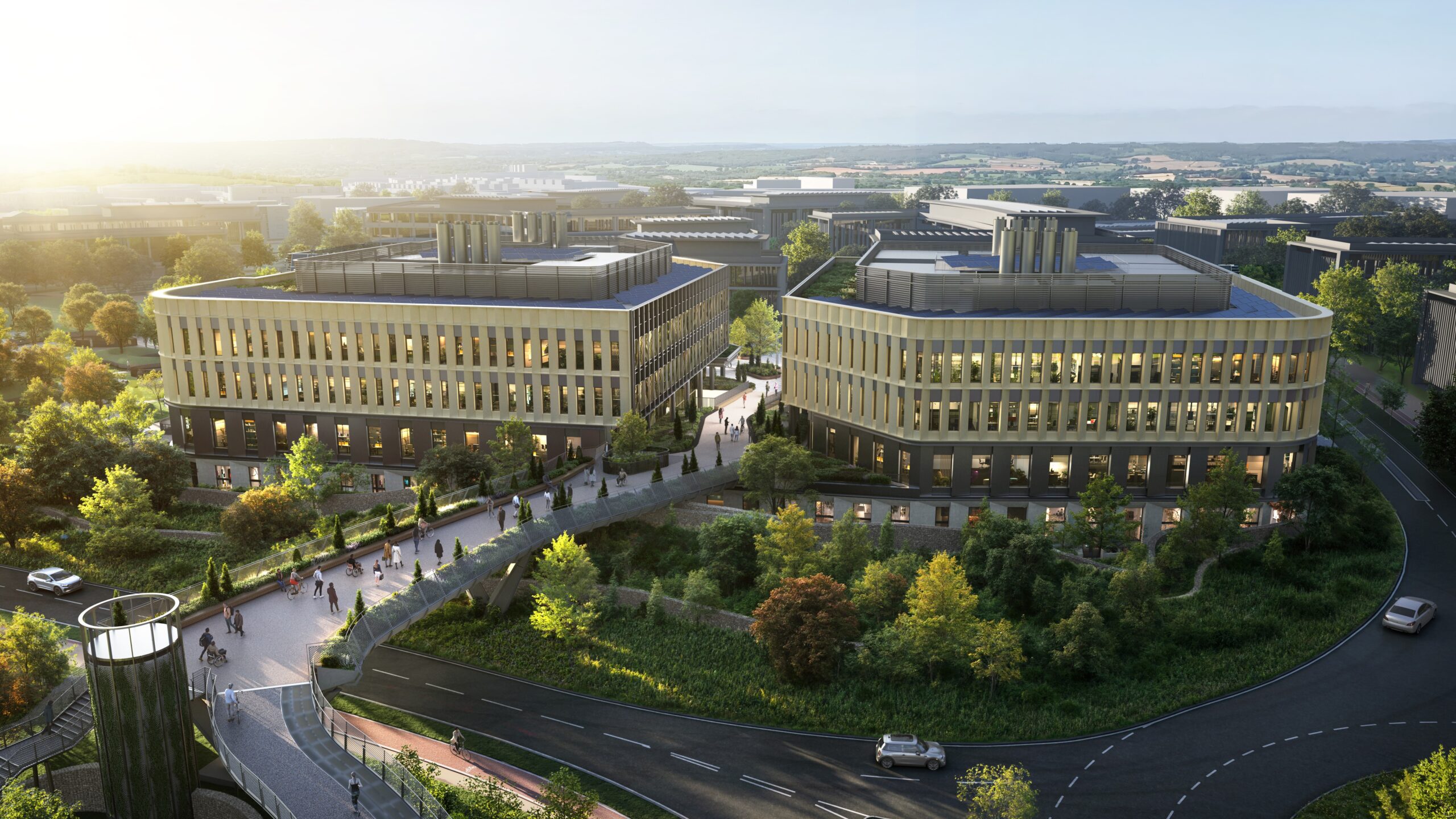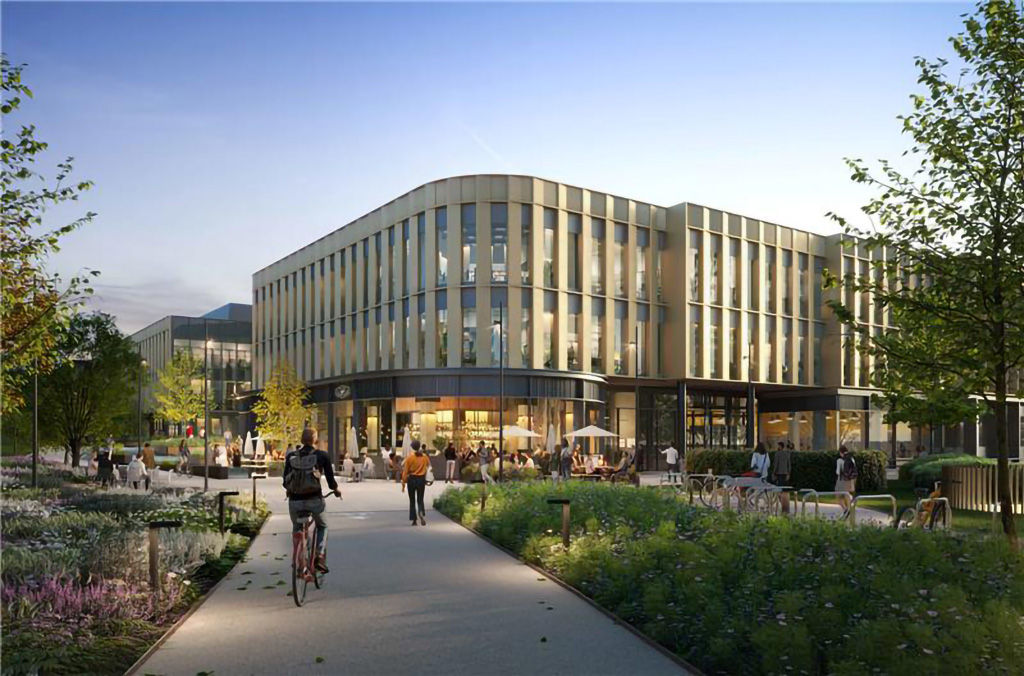How is the BIA planning to support the growth of genomics in the UK?

The BioIndustry Association (BIA) was established over 25 years ago and is the trade association for innovative enterprises involved in UK bioscience. BIA’s goal is to secure the UK’s position as a global hub and as the best location for innovative research and commercialization, enabling its world-leading research base to deliver healthcare solutions that can truly make a difference to people’s lives.
The BIA has Advisory Committees composed of expert influential members from across the sector. These committees are used for highlighting the most relevant issues facing bioscience companies and their work informs and guides BIA’s policies. This year, a new Advisory Committee was added to a cohort of eight, the Genomics Advisory Committee (GAC) and announced at its annual summit on February 22nd, 2018. Dr Adrian Ibrahim who is Head of Innovation at the Wellcome Sanger Institute is the first Chair of this Committee.
We caught up with Adrian to find out a bit more about the future of genomics in the UK and the current challenges for the industry as a whole.

Adrian, can you tell us more about why this new Committee was formed?
There has never been a greater opportunity for genomics to contribute societal benefit. Advances in sequencing and analytical technologies are opening up a wealth of opportunities for developing new products and services ranging from the ability to diagnose children with rare developmental disorders to tracking infection outbreaks in hospitals. The UK is taking a leadership position in genomics, not least through the establishment of the 100,000 Genomes Programme, and we are seeing the development of a cluster of genomics companies. The GAC aims to give these companies a united voice, a platform to address common issues and to raise awareness of the genomics industry at the national and international level.
As Chair of this Committee, how do you anticipate GAC’s activity will impact the ongoing development of the genomics industry in the UK?
We want to create a supportive environment for UK genomics companies and international genomics companies seeking a base in the UK. Acting in concert is the most effective way for the needs of the genomics industry to be heard. In addition to a single voice we will work with the BIA and our respective networks to engage at governmental levels to shape policy. Productive engagement with Genomics England’s 100,000 Genome’s Programme – who are also represented on the GAC – is also an important aim for the group.
Beyond the 100,000 Genome Project, how do you think Genomics England’s business model will adapt to continue to catalyse changes in the UK and internationally?
Whilst it’s unclear how their business model will adapt, what is clear is that we have to create opportunities for UK genomics companies to work constructively with Genomics England. There are already examples of such collaborations and we are keen to share these experiences and develop efficient and effective engagement frameworks for UK genomics SMEs to work with Genomics England.
Healthcare Advanced Research Program (HARP) was introduced as a way of implementing the Life Sciences Industrial Strategy led by Sir John Bell and unveiled in August last year. How will this programme help to transform the future of healthcare in the UK?
HARP is all about putting in place the funding, infrastructure, and cross-sector connectivity to build on research and clinical excellence in order to create UK leadership in future growth industries. Genomics England is very much an example of how the UK government is committing large-scale investment towards supporting potentially risky science with the aim of delivering new medicines, diagnostics and other healthcare interventions for global benefit. The UK Life Sciences industry has the potential to leverage large datasets, through the NHS, and is a world leader in developing novel analytical approaches to mining this data. Key to the success of HARP initiatives will be the ability to converge different disciplines e.g. clinical and computational and to develop safe and effective mechanisms to share and mine healthcare data.
What, in your opinion, are the most pressing challenges within the UK genomics industry right now?
There are a number of challenges that the UK genomics industry is facing. There is an ever-increasing demand for talent, particularly in the data analytics space. There is a need to ensure that we attract the brightest and the best from around the world to support our efforts. Additionally, we are seeing rapid growth among certain UK genomics companies. Access to the necessary risk capital to enable these companies to scale up will be essential. Business model differentiation will also be important. As the field grows, companies will need to be able to distinguish themselves from, say, every other cancer analytics company. This may be particularly important as UK companies venture into the crowded, but lucrative, US marketplace.
Data is the currency of the genomics industry. With imminent changes to data handling and storage through the GDPR directive later this year, what are the ramifications for the development of a robust life sciences sector in the UK?
Individuals have a right to know how their data is used. The introduction of new data protection laws should be seen as an opportunity to strengthen public confidence in the UK’s life science sector. Investors and research collaborators can be confident about the integrity of UK research. However, Brexit represents a challenge to genomics and data science in the UK. Failure to develop a data protection framework that is compatible with the EU would lead to the UK being left behind as researchers and companies struggle to bring data in from the EU.

I am honoured to be the first Chair of the new BIA Genomics Advisory Committee. Developments such as the 100,000 Genome Project and research carried out by the Sanger Institute at the Wellcome Genome Campus in Hinxton provide a solid foundation on which UK SMEs can build and grow. The BIA Genomics Advisory Committee will give strength to the voice of this community.
– Adrian Ibrahim, Head of Innovation, Wellcome Sanger Institute
If you would like to interview Adrian or invite him to speak at an event, please email us at: innovation@wellcomegenomecampus.org


